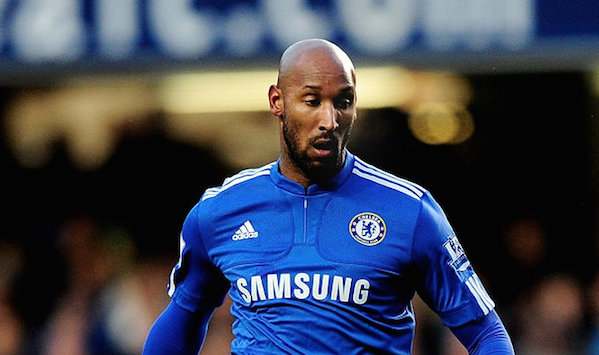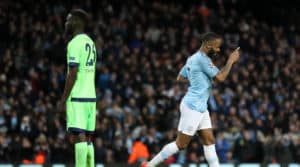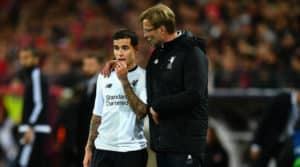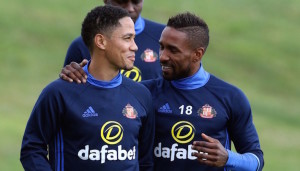SASoccermag.co.za looks back at the legends of the Premier League, and today features Nicolas Anelka and his exploits in the 2008-2009 season.
Manchester United defended their Premier League title to claim their 11th crown on the penultimate weekend of a dramatic season in which they were run close by arch-rivals Liverpool.
The two sides were neck-and-neck for the vast majority of the season but the Reds, who ended the season with a better goal difference after doing the double over the eventual winners, faltered down the home stretch to hand United the honours. West Bromwich Albion, Middlesbrough and Newcastle United were all sent packing from the top flight.
The season may well be remembered for the arrival of Robinho, who joined Manchester City in a deal worth £32.5-million after the Abu Dhabi United Group began
their transformation of the club; City quickly moving from a bit-part player in the league into one of the world’s wealthiest football clubs.
However, the Brazilian was unable to match Nicolas Anelka’s tally of 19, falling five goals short of the Chelsea striker’s mark in his debut season. The well-travelled Frenchman finished as the league’s top scorer after fending off competition from Cristiano Ronaldo, who ended on 18 goals.
The flamboyant striker took advantage of Ronaldo being rested on the final day of the season as he took home the Golden Boot award after a sublime solo effort against Sunderland, smashing home a 30-yard shot to claim top honours. The 2008-09 season would be Anelka’s best ever in front of goal, eclipsing the 17 league strikes he managed a decade earlier while playing for Arsenal.
In all, the mercurial forward played for 13 professional clubs in a career spanning two decades and ended a goal tally of 210 from 665 games before eventually hanging up his boots after a stint as player-manager of Mumbai City.
Capped 50 times for his national team, Anelka’s last involvement with Les Blues came in their ill-fated 2010 World Cup campaign, which saw him sent home after a bust up with coach Raymond Domenech.
The spat ended his international career after he copped an 18-match ban for his actions, which included defying the French federation’s instructions to apologise to Domenech.







